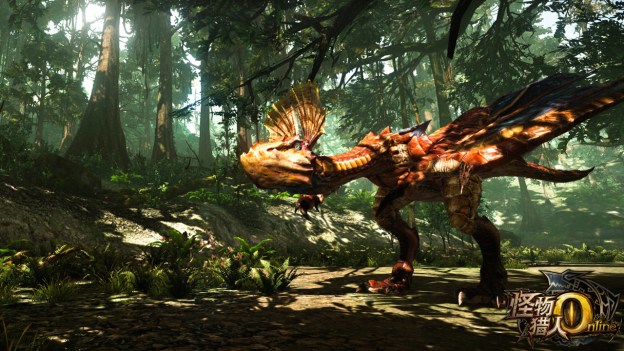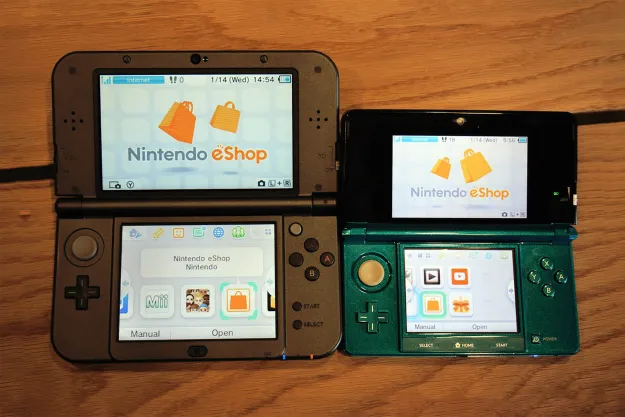 After the last week in the video game industry, it’s hard not to focus almost entirely on Japan and its most iconic developer, Nintendo. After three years of sales declines and heavy losses, the company is widening its stance, hunkering down like a sumo wrestler on the defensive. While Wii U fights to survive, Nintendo is pumping games out of its Japanese studios for Nintendo 3DS, many of them an explicit attempt to recapture the company’s Super Nintendo glory days. Sequels to 1990s classics were announced in droves, from a brand new Yoshi’s Island to The Legend of Zelda: A Link to the Past 2 (not the official title in the US, but that number sits prominently in the Japanese title.)
After the last week in the video game industry, it’s hard not to focus almost entirely on Japan and its most iconic developer, Nintendo. After three years of sales declines and heavy losses, the company is widening its stance, hunkering down like a sumo wrestler on the defensive. While Wii U fights to survive, Nintendo is pumping games out of its Japanese studios for Nintendo 3DS, many of them an explicit attempt to recapture the company’s Super Nintendo glory days. Sequels to 1990s classics were announced in droves, from a brand new Yoshi’s Island to The Legend of Zelda: A Link to the Past 2 (not the official title in the US, but that number sits prominently in the Japanese title.)
Japan is heavy on Jetsetter’s mind as well this week. Digital Trends’ weekly column devoted to import gaming and the international game development world makes stops in India and Australia this week but our other stories concern the land of the rising sun.
Capcom brings its biggest series to China, while recommitting to Japanese development

Meanwhile, Capcom’s Monster Hunter series, fresh off it worldwide success on Wii U with Monster Hunter 3 Ultimate, is travelling to far off lands. Chinese gaming giant Tencent has teamed up with Capcom for Monster Hunter Online, a brand new, full scale MMO made only for China. It opens for beta in June. Online gaming is an $8 billion business in China. Maybe this bit of Asian outsourcing will yield much needed profits for the old Street Fighter developer.
Indian gaming industry blooms in 2012
Jetsetter likes to regularly check in on India. One of the gaming industry’s fastest growing market is a fascinating place. The PlayStation 2, for example, is still a going concern in the country. Games were a turbulent business in 2012, though, as prices raised on big international releases and in-country mobile development ramped up. Overall, the industry grew significantly, 16 percent year-on-year to $277 million overall. That’s a fraction of the $50 billion global gaming industry, but it’s a start, with projects estimating India will be worth $776 million by 2017 according to the FICCI-KPMG Indian Media and Entertainment Industry 2013 report. Thanks as always to MCV India’s Sameer Desai for his insight into the region.

Before Kinectimals, Britain’s Frontier Developments was hard at work on Microsoft Zoo

Korea gets one last Wii exclusive
Pandora’s Tower, a Castelvania inspired Wii action RPG, came out in the US this past week and that may be the very last for Nintendo’s old motion control machine. It won’t be the last Wii game around, though. Wii owners looking for something unique this year will have to go to Korea and check out the local brand of Just Dance-style games. Developer Skonec is working on the Korean exclusive K-Pop Dance Festival. It is exactly what it sounds like, a dance game with tracks from Korean pop stars like JYP and, yes, “Gangnam Style”’s Psy.
Editors' Recommendations
- Every rumored Xbox exclusive coming to PS5 and Switch
- Nintendo is shutting down online services for 3DS and Wii U next April
- Before the Wii U eShop closes, pick up the best Zelda remaster ever
- Let’s admit that Wii Sports is the best game ever made
- I paid $2 a day to play an abandoned Wii Sports sequel


